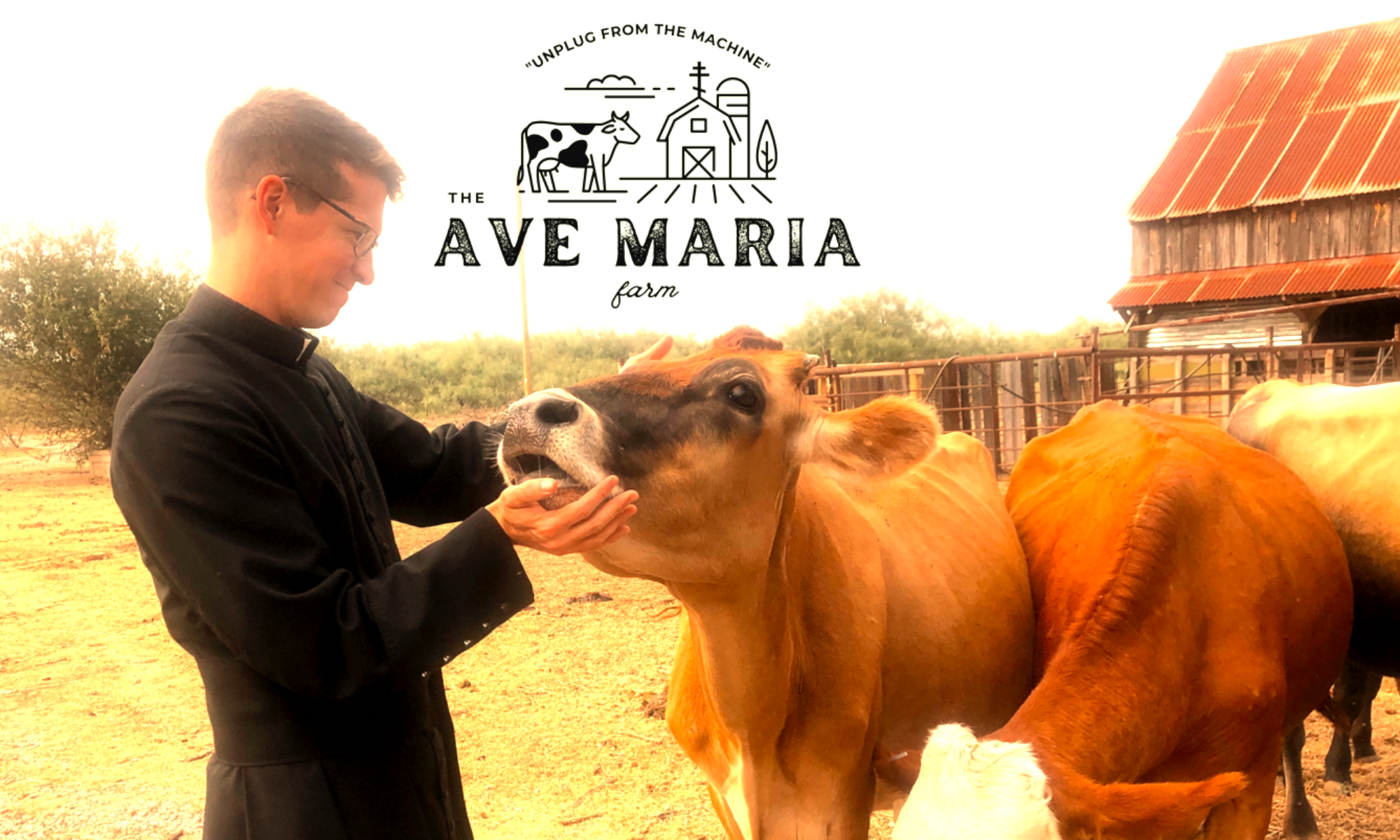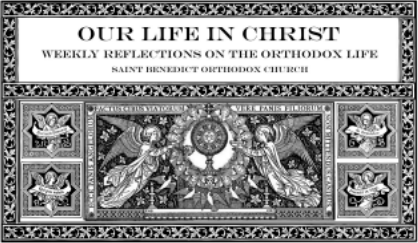Reflections on Prayer
“Forsaking the vanity of many, and their false doctrines, let us return
to the word which has been handed down to us from the beginning,
watching in prayer, persevering in fasting, beseeching in our
supplications the all-seeing God not to lead us into temptation.”
~ St. Polycarp, 2nd century
Reflections on the Sacrament of Confession
“It is necessary to confess our sins to those to whom the dispensation
of God’s mysteries is entrusted.” ~ St. Basil the Great, 4th century
“How very good and pleasant it is when kindred live together in unity!” (Ps 132.1).
Marriage: A Sacred Tonsuring
The sole purpose of marriage and family is the pursuit of the Kingdom
of God. The decision to marry is little different than the decision to
become a monk. It is a sacred vow to pursue holiness and divine love
within a sacrificial relationship, calling us to the pursuit of unceasing
prayer and purity of heart.
“A wedding is to life in the world what a tonsuring is to the life of a
monk. It finalizes a decision and celebrates a call to a particular way of
seeking the kingdom of God” (Opperwall 91).
The Goal of Marriage: Unity of Purpose
True marriage requires a unity of purpose — pursuit of holiness.
Abba Joseph: “Love can carry on undisturbed in those who maintain
one commitment and one intention with each other — willing the
same thing, willing against the same thing. If you, also, want to keep
such a love protected, you must be quick first to kill your own will by
expelling the vices, and next to fulfill eagerly that in which the prophet
so greatly delights: ‘behold how good and joyful a thing it is for
brethren to dwell together in unity’ (Ps. 133.1)” (93).
The pursuit of holiness and unity of purpose is the basis of a fruitful
marriage. Again, Orthodox marriage, like the monastic vows, is a
commitment to live out an Orthodox lifestyle together with a partner,
very much as a monk vows to work out salvation within the shared
lifestyle of a monastic community. It is for this reason that the
Orthodox Church emphasizes so highly the importance that
Orthodox Christians marry only other Orthodox Christians.
“When two people pull in fundamentally different directions, real and
deep conflict becomes not only possible but inevitable” (93).
Striving for Unity of Purpose within an Orthodox Marriage
Unity of Purpose is always fragile and requires constant maintenance.
Life happens, and we get pulled in various directions. A marriage
couple must be vigilant in discussing, discerning, and fine tuning their
heart’s shared focus on the Kingdom of God.
“Without a unity of will, and a single orientation to purity of heart, a
marriage becomes a power struggle, and eventually a battle ground, as
each party attempts to jockey its way to control and thereby to guide
the marriage to the pursuit of this or that preferred end. When this
begins to happen, the couple will inevitably drift apart” (Opperwall 94).
Two Steps for Building Unity of Purpose
Abba Joseph identifies two steps: overcoming vice, and surrendering
one’s will.
“Those seeking purity of heart in their marriage, then, must begin by
turning within and initiating the work of eradicating vice and
promoting virtue within themselves” (94).
“People must surrender their will to one another if they are to share
the same goal…Humility, in this and any context, does not amount to
the act of one human will simply submitting to the power of whatever
another human will desires…Real humility, instead, amounts to the
submitting of the human will to the will of God, with the will of other
people acting as intermediary” (95).
“Humility in a marriage…involves the submission of the human will of
both parties to the will of God by way of submission first to one
another” (95).
Chastity and Sex in Married Life
Married people are expected to pursue chastity to the same degree as
monastics. Chastity, however, is not abstinence. Chastity is a pure and
focused direction of one’s love and desires.
Chastity is: “complete freedom from the power of one’s sexual
impulses…freeing oneself from any level of slavery to those impulses”
(111).
“Married chastity has come to exist when a person ceases to feel the
commanding power of any sexual impulses that are directed to anyone
but the spouse alone, in sleep or awake…in deed and thought” (112).
Attainting True Inner Chastity
“This is a profoundly high calling, and a profoundly difficult thing to
imagine. Yet, it is possible” (112).
How is it achieved: through the pursuit of gentleness, patience, and
the cultivation of virtue.
Abba Chaeremon: Virtue first, chastity follows.
Perfect union within marriage: “Sex becomes not an act of fleshly
desire, but a material testimony of a real unity of purpose between
husband and wife, an act of patience, humility, and genuine love. It
thus makes room between them for the kingdom of God” (118).
The Divine Joy of Inner Chastity
The sweetness of chastity is incomprehensible to the impure, but can
be cultivated and celebrated in degrees by those in pursuit.
Abba Chaeremon: “As far as the mind proceeds toward a sharper
purity, so much more loftily will it contemplate God, and it will
conceive wonder within itself, bit by bit…It is like someone who
wants to give a description of the sweetness of honey to someone who
never once has tasted anything sweet” (119).

